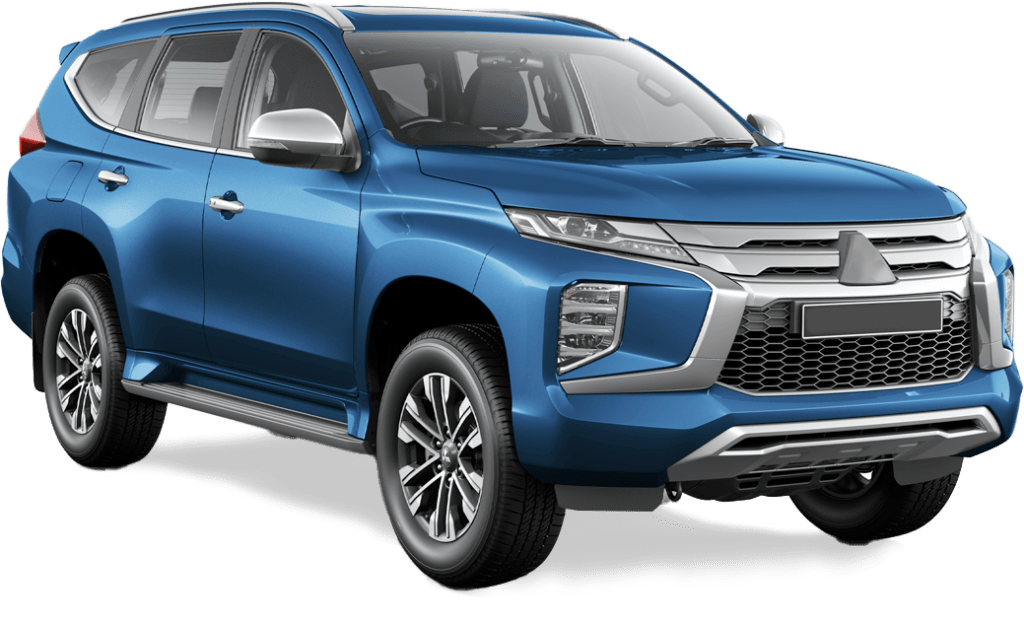Frequently Asked Questions
Find here the information you need.
 FAQ
FAQ
Meet the companies that make up and strengthen our association.
If you have a question that wasn't answered in our FAQs, we're here to help. Our team is ready to address any concerns you may have.
Client Satisfaction

+20
Brands
Work with us


Do I need an international driver's license to drive in Costa Rica?
The International License or IDP (International Driving Permit) is not necessary to drive in Costa Rica if the one you have issued by your country of origin is written in Roman alphabet. Otherwise, it is recommended to carry the IDP.
What is the minimum age to rent a car?
As a general rule, the minimum age to rent a car in Costa Rica is 18 years old, however, each car rental company may have different rules in this regard.
Most companies require a minimum age between 21 and 25 years old.
Do I need a credit card to rent a vehicle?
Most companies will require an embossed credit card, from which they will take a security deposit for the car rental. The amount of the deposit may vary from company to company, but usually the minimum is $1000 plus the equivalent amount of the rental.
What insurance do I need to rent a car in Costa Rica?
Rental companies usually offer a variety of protection packages for the vehicles they rent, in order to ensure your peace of mind during your vacation.
Each company has different insurance policies, and generally, the minimum required will be third party damage protection as well as protection for the rented vehicle (the names of the protections may vary from company to company).
Can I use international insurance to replace the lessor's insurance?
NO. In general, international insurance does not replace the insurance offered by the lessor of the vehicle and therefore cannot be substituted.
Is it easy to drive in Costa Rica?
Costa Rica is a small country, simple and easy to get around. The driving rules are to drive in the right lane. In urban areas the maximum speed is 40 kph, unless otherwise indicated. The speed limit on highways is usually 80 kilometers per hour, sometimes it is allowed to drive up to 90 or 100 kph. In residential areas the limit is 60 kph, in school areas the limit is 25 kph.
What do I do if I have a traffic ticket?
In case you are stopped by a police officer for any crime, never give him money. It is better to accept the fine and take it to any bank in the country to pay it, or to the car rental agency when you return the vehicle. If the traffic officer asks you for money, do not accept as this is illegal.
Is it safe to leave belongings in the vehicle?
When stopping anywhere, be sure not to leave valuables in plain view inside the vehicle, as these items are attractive to criminals.
If during your trip one of your tires is flat and needs to be changed, drive to a safe and lighted place to change it and keep the car locked while doing so. Never accept help from strangers to change the tire because it can be dangerous.
